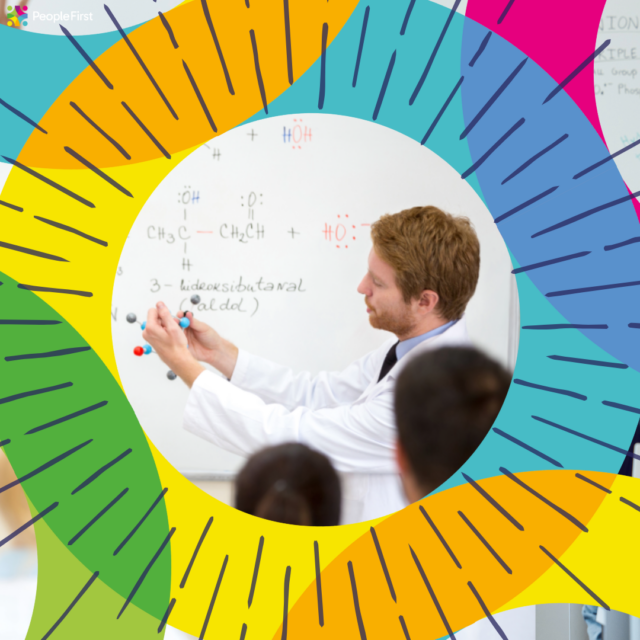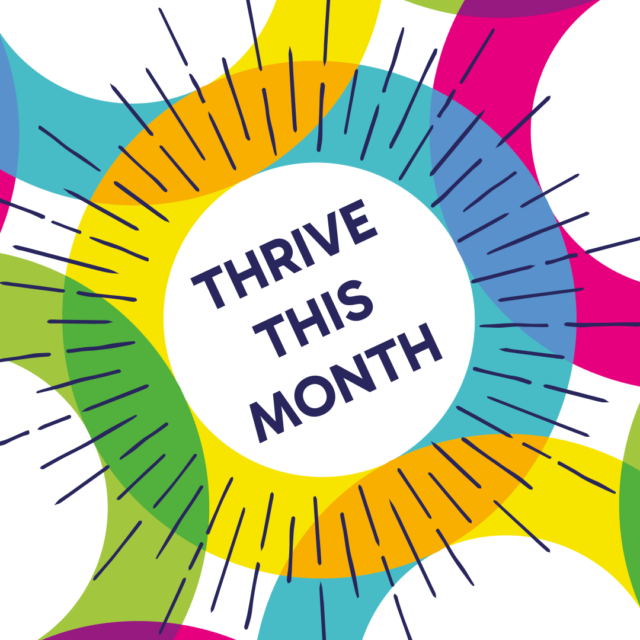
12 August 2024
Power of Gratitude
As we continue our series of articles on impactful wellbeing awareness campaigns, our focus shifts to harnessing the power of gratitude with World Gratitude Day on 21st September 2024. With 40 days to go, there is still enough time to make this awareness day part of your workplace wellbeing strategy. This day celebrates the power of gratitude and its transformative effects on individuals and organisations alike. Integrating World Gratitude Day into your wellbeing strategy can significantly enhance workplace culture and employee satisfaction. Here’s how your organisation can leverage this important day to foster a more positive and resilient work environment.
The Importance of Gratitude
Gratitude is a powerful tool for improving personal and professional wellbeing. Why it matters:
- Psychological Benefits – Practicing gratitude has been linked to reduced anxiety, depression, and stress, contributing to overall mental health.
- Physical Health Benefits – Grateful individuals tend to have better sleep, reduced symptoms of illness, and a stronger immune system.
- Improved Relationships – Expressing gratitude strengthens relationships, enhances communication, and fosters a sense of connection and belonging.
Why Target World Gratitude Day?
Focusing on World Gratitude Day offers numerous benefits for organisations and employees:
- Enhancing Employee Wellbeing – Gratitude practices have been shown to improve mental health, boost morale, and increase overall job satisfaction. By celebrating this day, your organisation can reinforce its commitment to employee wellbeing.
- Strengthening Workplace Culture – Building a culture of gratitude can enhance interpersonal relationships, increase collaboration, and foster a more inclusive and supportive work environment.
- Boosting Resilience – Regular expressions of gratitude can help build resilience among employees, enabling them to better manage stress and adapt to challenges.
Strategy Steps for Maximising Impact
To harness the power of gratitude on World Gratitude Day, consider implementing the following strategic steps:
- Develop a Gratitude Plan – Create a plan outlining how you will celebrate World Gratitude Day, including specific activities, initiatives, and goals. Ensure your plan aligns with your overall wellbeing strategy.
- Promote Gratitude Internally – Use internal communication channels to highlight the importance of gratitude and promote activities planned for the day. Share stories and examples of how gratitude has positively impacted the workplace.
- Organise Gratitude Activities – Host events that encourage the practice of gratitude, such as workshops, team-building exercises, and appreciation circles. Provide tools and resources to help employees express their gratitude.
- Encourage Employee Participation – Involve employees in planning and executing gratitude activities. Create opportunities for them to share their experiences and recognise their peers.
- Integrate Gratitude Practices – Incorporate gratitude practices into daily routines and organisational processes. Encourage managers to model and support gratitude in their interactions with employees.
Outcomes
Engaging with World Gratitude Day can lead to several positive outcomes:
- Increased Employee Engagement – Employees who feel appreciated are more likely to be engaged and motivated, leading to higher productivity and job satisfaction.
- Enhanced Workplace Relationships – Gratitude fosters stronger relationships and collaboration among employees, contributing to a more harmonious and cooperative work environment.
- Improved Mental Health – Regular expressions of gratitude can reduce stress and enhance overall mental health, creating a more resilient and supportive workplace.
Signs Indicating Employee Buy-In
Before launching your campaign, consider these indicators that employees may be receptive:
- Interest in Wellbeing Initiatives – If employees have shown enthusiasm for previous wellbeing programmes, they are likely to engage positively with a gratitude-focused initiative.
- Feedback on Workplace Culture – Positive feedback regarding workplace culture and interpersonal relationships can signal that employees are ready to embrace and practice gratitude.
- Visible Signs of Stress – If you observe signs of stress or disengagement among employees, introducing gratitude practices can provide much-needed support and improve morale.
Training Opportunities
To support your campaign and embed gratitude into your workplace culture, consider offering:
- Gratitude Workshops – Provide training on the benefits of gratitude and practical ways to incorporate it into daily routines. Workshops can help employees understand and practice gratitude effectively.
- Resilience Training – Equip employees with skills to build resilience through gratitude practices. Resilience training can help employees manage stress and adapt to changes more effectively.
- Leadership Training – Train managers to model and promote gratitude within their teams. Leadership training can help create a culture where gratitude is consistently expressed and valued.
Practicing Gratitude
As an Individual – Keep a gratitude journal, regularly reflect on things you’re thankful for, and express appreciation to others.
For Managers – Model gratitude by acknowledging employees’ efforts, providing positive feedback, and creating a supportive work environment.
As an Organisation – Integrate gratitude practices into company culture through recognition programmes, regular expressions of thanks, and fostering a culture of appreciation.
Here is a highly recommended article from Forbes – The Leadership Argument For Saying, “Thank You!” – World Gratitude Day
Developing Resilience and Ownership of Wellbeing
Gratitude can be a valuable tool for developing resilience and encouraging employees to take ownership of their wellbeing. By fostering a culture of appreciation, employees are more likely to feel supported and motivated to engage in their own personal and professional growth.
How People First Can Partner with Your Organisation
At People First, we’re committed to helping organisations harness the power of gratitude to enhance workplace wellbeing. Our services include:
- Campaign Planning and Execution – We can assist in developing and implementing a tailored plan for World Gratitude Day, ensuring alignment with your organisational goals.
- Training and Workshops – We offer comprehensive training programmes on gratitude practices, resilience, and leadership to support your team’s development.
- Support Resources – We can help you set up and promote resources to support gratitude practices and employee wellbeing.
- Ongoing Support – Our consultancy services provide continuous guidance and support to enhance your overall wellbeing strategy and address emerging needs.
Conclusion
World Gratitude Day presents an excellent opportunity to celebrate and integrate gratitude into your workplace culture. By strategically engaging with this day, you can improve employee wellbeing, strengthen relationships, and foster a more resilient and supportive work environment.
Explore More
- People First Wellbeing Calendar 2024
- Selecting Wellbeing Awareness Campaigns
- International Overdose Awareness Day
Ready to explore wellbeing awareness campaigns to enhance your wellbeing strategy? Contact People First today to explore how we can partner with your organisation to create a meaningful and impactful awareness campaigns. Together, we can support your employees and build a healthier, more appreciative workplace.





